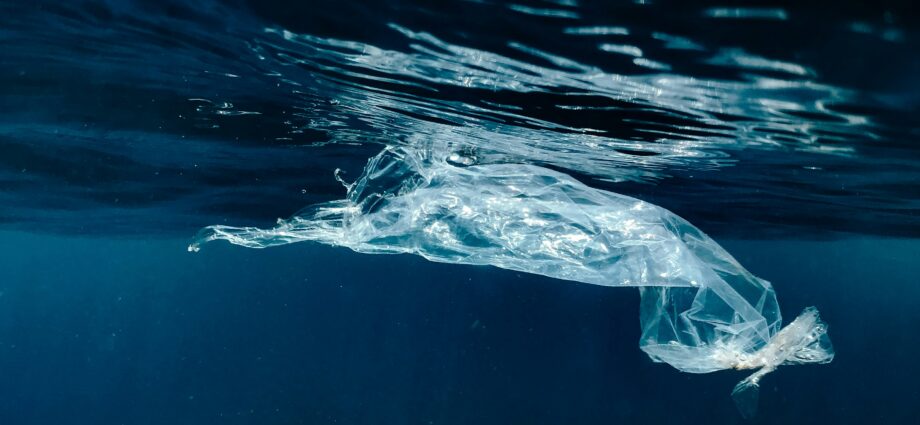
by Jacob Lee
October 6, 2024
Researchers at UC Berkeley have engineered a new method of vaporizing plastic and converting it into useful hydrocarbons. This innovation addresses the persistent issue of plastic waste, particularly polyethylene and polypropylene — two of the most common types of plastics.
This method, developed through a catalytic process, breaks down the carbon-carbon bonds in plastic. This alters the plastics into valuable resources, paving the way for more sustainable waste management. It also tackles the rising environmental concerns caused by plastic pollution which has become one of the most pressing global issues.
The Vaporization Process
The key to UC Berkeley’s breakthrough lies in a catalyst that degrades plastic into its base chemical components at lower temperatures than traditional methods. The process relies on the depolymerization of the plastic, turning it into smaller hydrocarbons – similar to those found in natural gas. These hydrocarbons can then be repurposed for industrial usage.
Mainly, this process is unique because of its energy-efficient and environmentally friendly properties. Traditional processes involve high energy consumption and harmful byproducts.
A Step Toward a Circular Plastic Economy
Plastic pollution has become a pervasive environmental issue, with 12 million tonnes of plasticentering the oceans every year. Polyethylene and polypropylene, which make up a large part of this waste, are particularly stubborn due to their robust chemical structure. UC Berkeley’s innovation offers a potential solution to this challenge by transforming the way we deal with plastic waste.
This technique can be integral toward creating a circular economy for plastic waste. By converting waste into hydrocarbons, industries can create new eco-friendly products without sourcing petroleum, creating a more sustainable and efficient supply chain.
The scalability of this process will be key to its success. While still in the research phase, the technology presents great potential for industrial-scale applications. If widely adopted, it could vastly improve the current waste management system, eliminating unnecessary plastic waste in natural environments.
Although promising, there are still challenges to overcome before the vaporization technique can be further integrated into our everyday lives. Primarily, the cost and infrastructure required to deploy this technology must be competitive with current waste management methods. Industries must accept this process before it can be fully adopted.
Nevertheless, the potential benefits of the groundbreaking process are immense. It creates an innovative option to manage plastic waste in the future, aligning with various long-term industry goals. If successful, it could transform the way we think about plastic, shifting from a linear use-and-dispose model to a circular one where plastic is constantly repurposed.
Subscribe to our newsletter.
This article was originally published on IMPAKTER. Read the original article.


